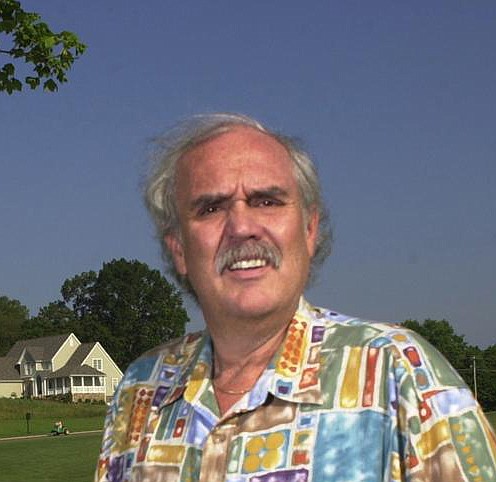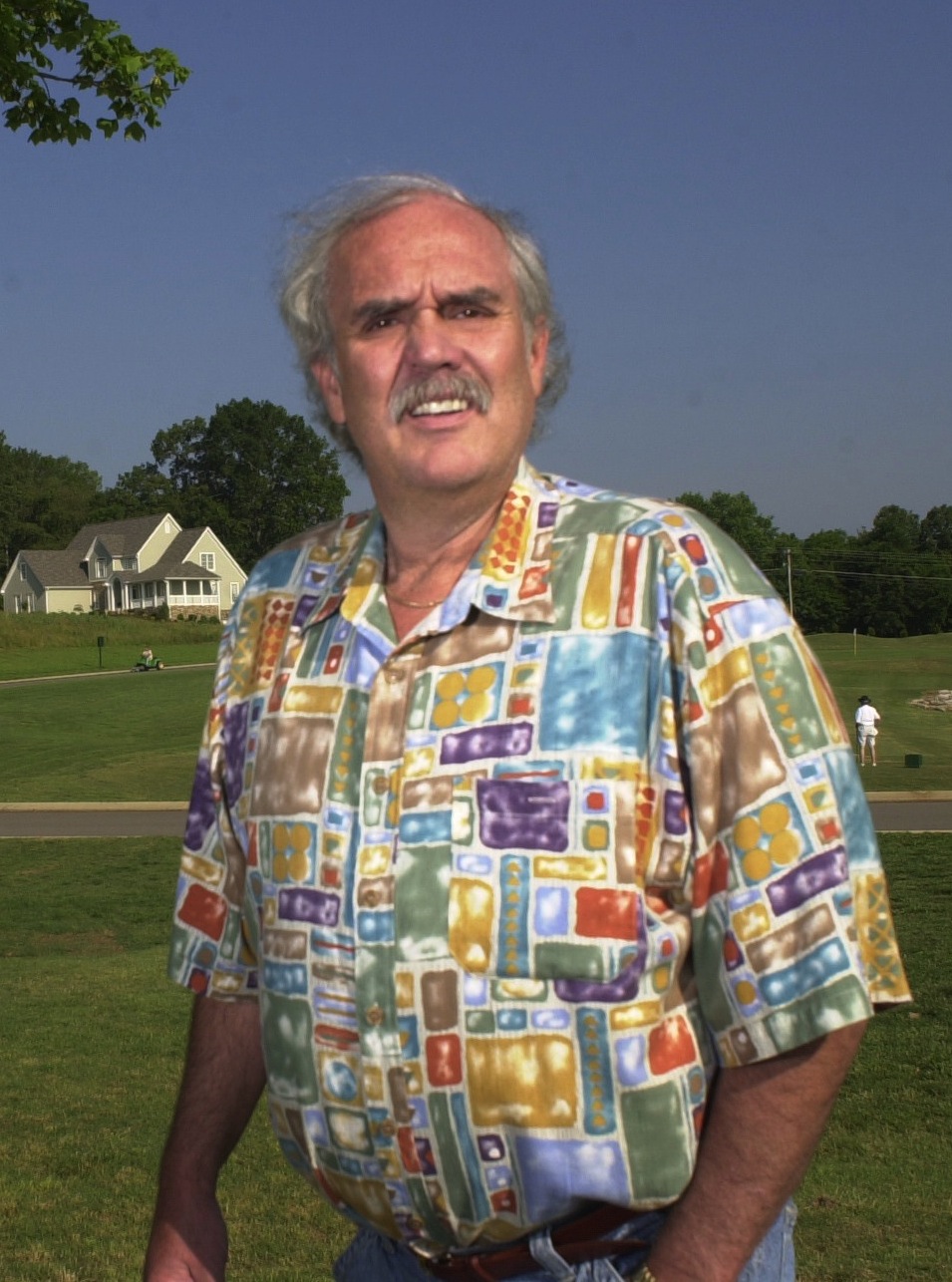The day that one-time payday lending millionaire Toby McKenzie died, an appeals court judge 600 miles away had a simple question for attorneys enmeshed in the man's protracted bankruptcy.
"This is just a curiosity question: Is this thing anywhere near being resolved or is it still a mess?" asked U.S. Circuit Judge David W. McKeague.
That's the multimillion-dollar question.
At least three of the 18 cases connected to the bankruptcy also prompted biting comments from the three-judge panel at the 6th U.S. Court of Appeals in Cincinnati.
"I'm just trying to figure out what's going on here; I've never seen this much abusive pleadings," said McKeague, speaking to John Konvalinka of the firm Grant, Konvalinka and Harrison. "I'm not sure who's at fault in all of this, but if this is the way that your law firm litigates, I'm just speaking for myself, I'm appalled."
Later in the half-hour court audio recording, U.S. Circuit Judge Boyce F. Martin Jr. chimed in.
"I've never seen a more atrocious case, handled by everybody," Martin said.
McKenzie rose to wealth from poor beginnings in his native Cleveland, Tenn., first in the rent-to-own businesses, then in payday lending.
After selling those operations he used cash and credit lines from multiple banks to buy swaths of land in Tennessee and interests in more than 100 businesses, from a trucking company to a bowling alley.
But he stopped making some payments, and a 2008 court order that he pay $11.5 million toward some of those defaulted properties triggered an epic bankruptcy.
Within months he was mired in a Chapter 11 bankruptcy in which 40 creditors nationwide claimed he owed them more than $200 million. That proceeding became a Chapter 7 action that gave control of the estate to a trustee and restarted some of the previous work.
Because the trustee controls the remaining assets in McKenzie's estate, his May 2 death has little bearing on the bankruptcy that outlives him, said University of Tennessee law professor George Kuney.
McKenzie's swift financial fall amid the bursting real estate bubble of 2008 isn't unusual, Kuney said. But the flurry of lawsuits that followed the bankruptcy is troubling.
Court records show that of 18 federal lawsuits, six involve the Chattanooga-based law firm of Grant, Konvalinka and Harrison.
All of the six cases that have reached the federal appeals court involve the law firm.
The firm's connection to the bankruptcy hangs on a property sale that both sides have fought vehemently over throughout the case's history.
In 2010, bankruptcy trustee Kenneth Still sued Nelson Bowers II, McKenzie's former business partner in the Cleveland Auto Mall at exit 20 off Interstate 75.
McKenzie had claimed that Bowers took advantage of him during a mentally debilitating illness and convinced him to sell his 50 percent stake in the property for $75,000.
The entire 60-acre parcel's mortgage was $3.8 million.
In his lawsuit, Still claimed the land sale was aimed at preventing it from being seized in the pending bankruptcy and that the sale should be reversed. That would have allowed McKenzie's share to be sold to pay creditors.
The Grant, Konvalinka and Harrison firm also was sued for its role representing parties in the property sale, according to court records.
A state court judge ruled that Still was wrong about the property and dismissed the lawsuit.
But feelings were hurt.
Bowers said in a previous interview that Still's lawsuit "was written like I was a crook."
He sued Still's attorney, Richard Banks, alleging malicious prosecution. That lawsuit remains open.
John Konvalinka, a partner who argued last week on the cases at the appeals court, could not be reached for comment Friday. Neither could Still.
Jerrold Farinash, an attorney involved in the case, declined to comment.
The Still lawsuit over the Auto Mall property launched subsequent lawsuits from Bowers and the GKH law firm.
The suits claimed that the property was not part of the bankruptcy assets and Still's lawsuit exceeded his power as trustee.
The main concern argued in the appeals court last week was whether Still had acted outside his powers.
The three judges seemed to agree he was within his powers as trustee to file the lawsuit, regardless of the outcome.
Most recently, Still sued Bowers in 2012, again over the Auto Mall property.
Kuney said all of these legal wranglings prevent the one thing bankruptcy should provide -- a reasonable resolution that gets money back to the creditors.
"Once litigation is about principle and not simply about an economic outcome, resolving a dispute can become a feast of fees ... a process that pretty much ensures that nobody will be a winner except for the [lawyers] handling the case," he said.
Contact staff writer Todd South at tsouth@timesfree press.com or 423-757-6347. Follow him on Twitter @tsouthCTFP.

